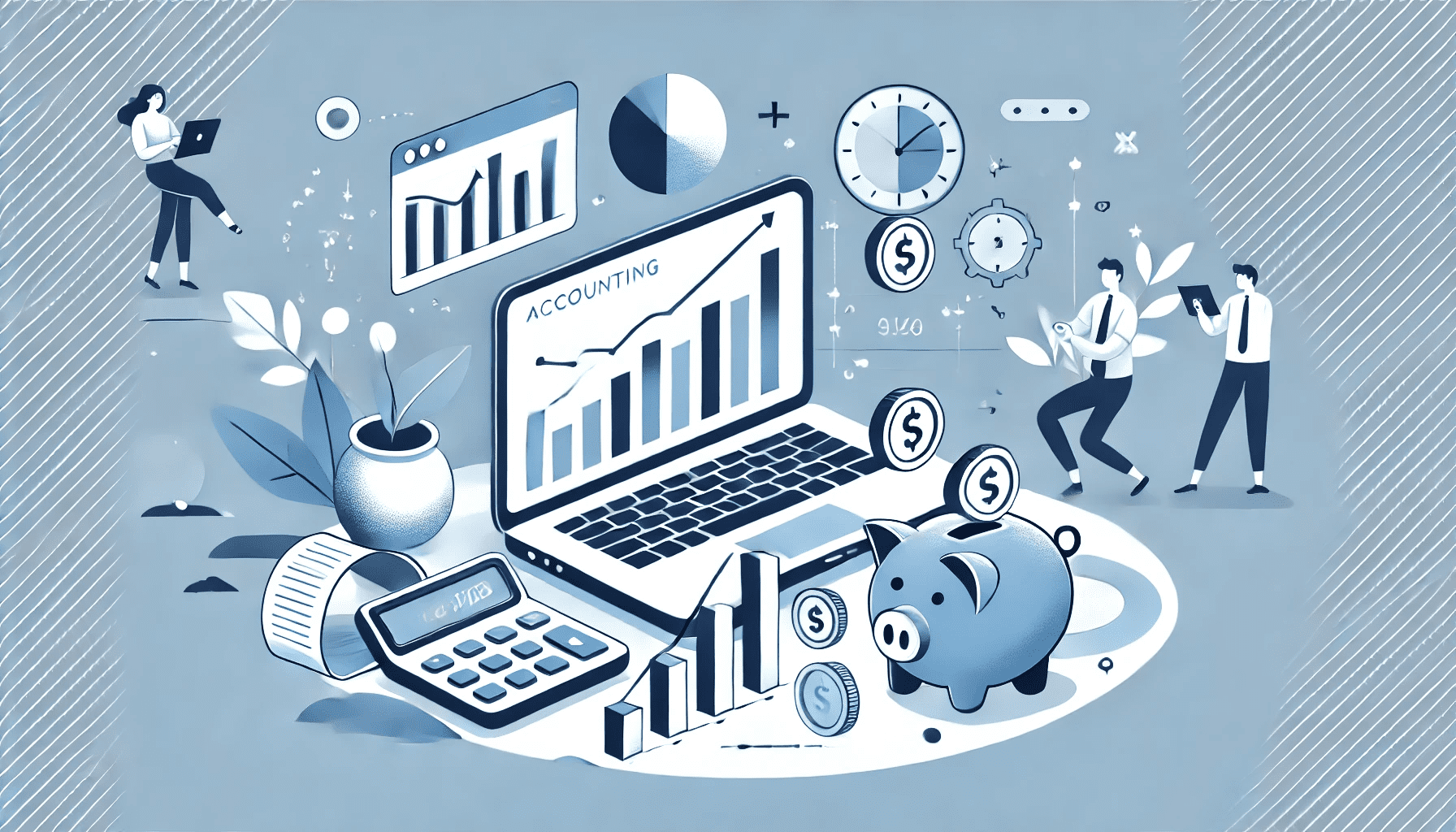
Are We Replacing Too Many Accountants with Accounting Software? What’s the Real Cost?
Accounting isn’t exactly the most exciting part of running a business. But it’s definitely one of the most important. Whether you’re managing a small shop, a startup, or a growing company, keeping track of money in and out is something you just can’t ignore.
In the past, this job was handled mostly by accountants—people who spent their days crunching numbers, balancing books, and making sure everything lined up for tax time. But now? We’ve got software that can do a lot of those things for us. And it’s getting better every year.
So, here’s the big question: Are we relying too much on accounting software and leaving real accountants behind? And if we are, what’s the real cost of that shift?
Why Accounting Software Became So Popular
First off, it’s easy to see why so many businesses are turning to software. Tools like Xero, Autocount, and Million accounting software in Singapore are designed to make your life easier.
They help you:
- Track your income and expenses
- Send out invoices
- Reconcile bank transactions
- Generate reports
- Prepare for tax season
All with just a few clicks. No need to hire a full-time accountant or spend hours trying to understand spreadsheets. For busy business owners, that sounds like a dream come true.
Plus, many of these tools are cloud-based, so you can access your data anytime, anywhere—even from your phone while you’re on the go. That kind of convenience is hard to beat.
And let’s not forget the cost. Paying for software is usually cheaper than paying a person. For small businesses, especially, every ringgit saved counts.
But Is It Really That Simple?
On the surface, it might seem like accounting software is the perfect solution. But the reality is a bit more complicated.
Software is great at following rules and doing repetitive tasks. It’ll add things up, pull numbers from different places, and even remind you when something’s overdue. But it doesn’t think like a human. It doesn’t ask questions. And it definitely doesn’t offer advice.
A good accountant, on the other hand, does more than just the math. They understand your business. They spot patterns. They notice when something’s off and help you figure out why. They can suggest ways to save money, help with budgeting, and prepare you for the future.
Software won’t call you up and say, “Hey, your expenses jumped a lot this month—want to talk about it?”
The Risk of Missing the Bigger Picture
When you rely only on software, you might miss out on insights that could really help your business grow.
For example, let’s say your profit looks healthy on paper. Great, right? But a real accountant might dig deeper and notice that your cash flow is tight because customers aren’t paying on time. They might help you come up with better payment terms or recommend ways to follow up on overdue invoices.
Or maybe you’re spending more on marketing, and you’re not sure if it’s working. An accountant could help you analyse your return on investment and figure out if that money could be better spent elsewhere.
These are things software just doesn’t do. It shows you the numbers, but it doesn’t tell you what they mean or what to do next.
So, What’s the Real Cost?
On the surface, switching to accounting software might save you money. But if you’re not getting the bigger picture, you could end up losing more than you think.
Here are some examples of hidden costs:
- Missed tax deductions: Software may not catch all the deductions a human would know about.
- Costly mistakes: One small error could lead to penalties, especially if you’re filing taxes on your own.
- Wasted time: If you don’t fully understand the software, you might spend hours trying to fix problems or figure out how to do something.
- Poor decision-making: Without proper financial guidance, you might make choices that hurt your business in the long run.
It’s not about the tool being bad—it’s about what’s missing when you rely on it alone.
So, Should We Stop Using Accounting Software?
Not at all. In fact, modern accounting software can be incredibly helpful when used the right way. The key is to think of it as a tool, not a replacement.
Here’s a better approach: combine software with human insight.
Use the software to handle the day-to-day stuff—tracking income, managing receipts, creating reports. Then, work with an accountant (even just a few times a year) to go over the big picture. That way, you get the best of both worlds: convenience and expertise.
Many accountants today are happy to work with the software you already use. Some even specialise in helping businesses that use tools like Autocount or Xero. So you don’t have to choose one or the other—you can have both.
What Does the Future Look Like?
As technology continues to improve, we’re going to see even more automation in accounting. But that doesn’t mean accountants are going away.
Instead, their role is shifting. They’re becoming more like financial advisors—less focused on data entry, and more focused on strategy, planning, and helping businesses grow. And that’s actually a good thing.
If anything, technology is giving accountants the chance to do more meaningful work. And it’s giving businesses more ways to stay in control of their finances.
Final Thoughts
So, are we replacing too many accountants with software? Maybe in some cases. But that doesn’t mean we should ditch accounting software altogether—or stop working with real professionals.
The best approach is a balanced one. Use the tech to make your life easier, but don’t forget the value of human judgment and experience. After all, it’s not just about managing money—it’s about understanding it. And sometimes, you need more than just a program to do that.
Behind every successful business, there’s someone who truly understands the numbers—and chances are, that someone is still human.


